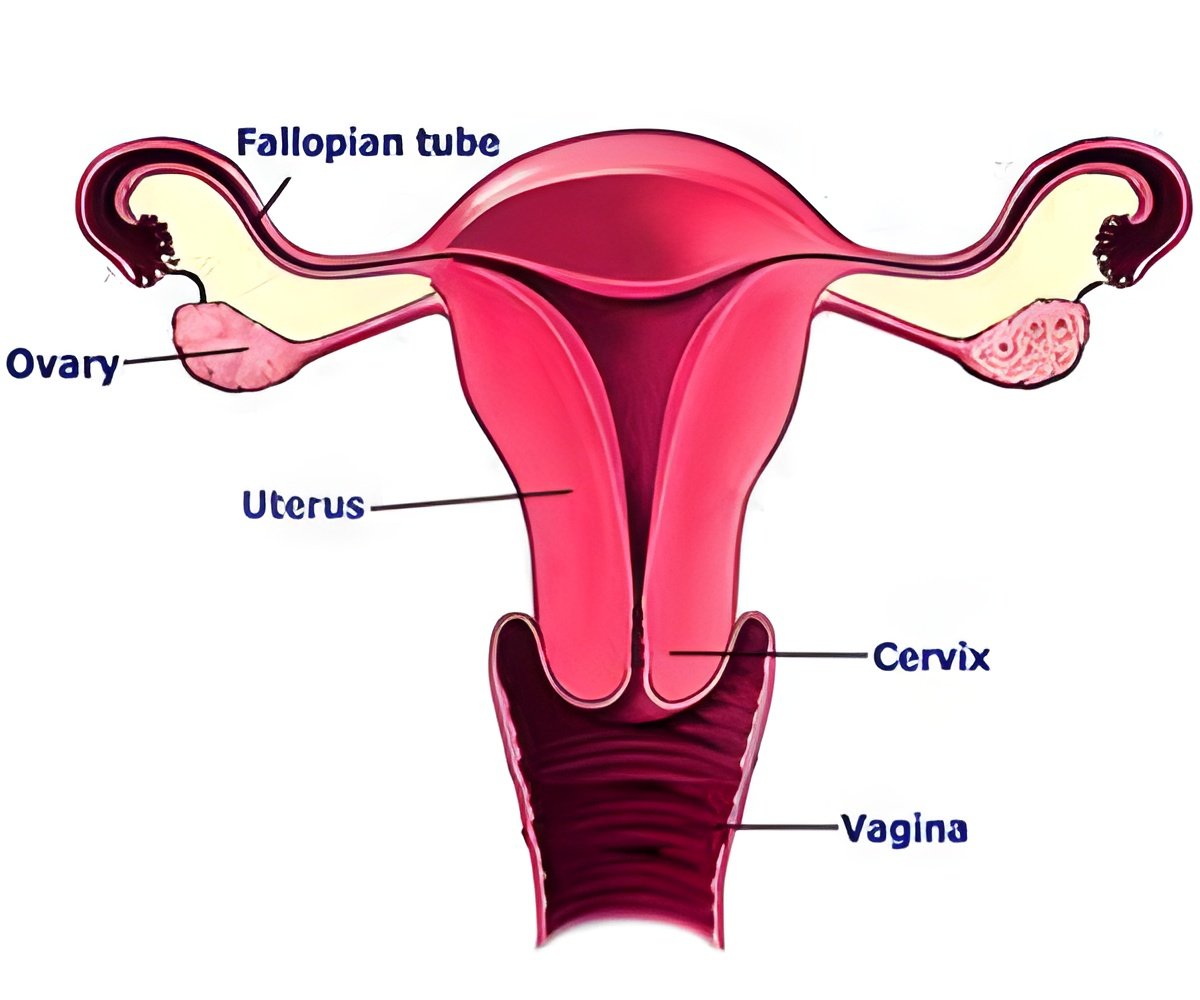Ovary transplants can delay the menopause thus helping women to remain fertile indefinitely.

They said that the only thing preventing them from having babies into their old age would be their physical ability to carry a pregnancy.
The controversial notion would allow career driven women peace of mind with a fertility insurance policy so that they can find a partner, settle down and become financially secure before starting a family.
By delaying the menopause they could also avoid the increased risk of osteoporosis and heart disease that are associated with the end of their fertile life but may raise the risk of breast and womb cancer.
Dr Sherman Silber, an American surgeon, has been involved in transplants for 11 women at St Luke's Hospital in St Louis, Missouri, US, said that the finding means that women would not have to "watch their body clocks."
"A woman born today has a 50 per cent chance of living to 100. That means they are going to be spending half of their lives post-menopause, the Telegraph quoted Dr Silber as saying.
Advertisement
"Some women might want to go through the menopause, but others might not," he said.
Advertisement
Originally it was thought the transplants would only last months, or a few years at most, giving the women just a brief chance of conceiving. But Dr Silber said early hopes had been surpassed.
In Belgium, a woman gave birth after her ovarian tissue was frozen for decade, and in Italy a woman had a healthy baby girl after her tissue was frozen for seven years.
"It's really fantastic, we didn't expect a little piece of ovarian tissue to last this long," he said.
He added that ovarian slices could now be frozen for decades, thawed out for replantation when needed, and be just as effective as 'fresh' grafts between twins.
The findings were presented at the European Society for Human Reproduction and Embryology (ESHRE) in Istanbul.
Source-ANI














